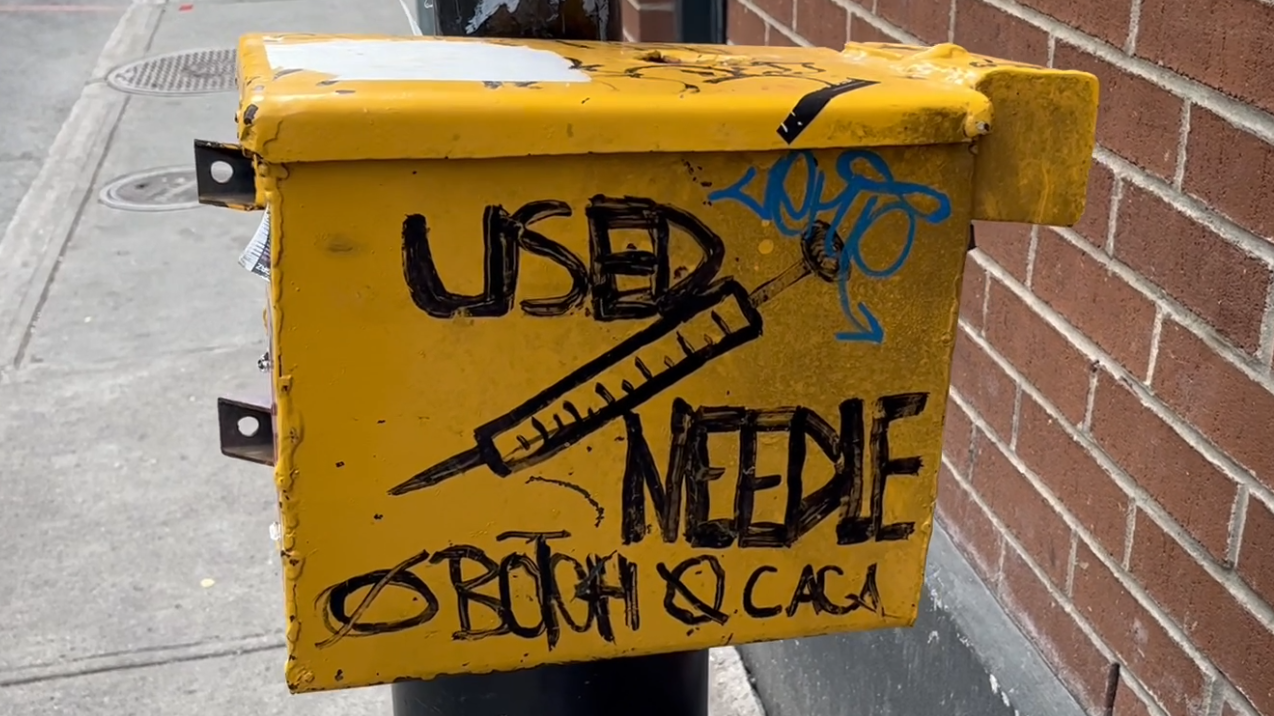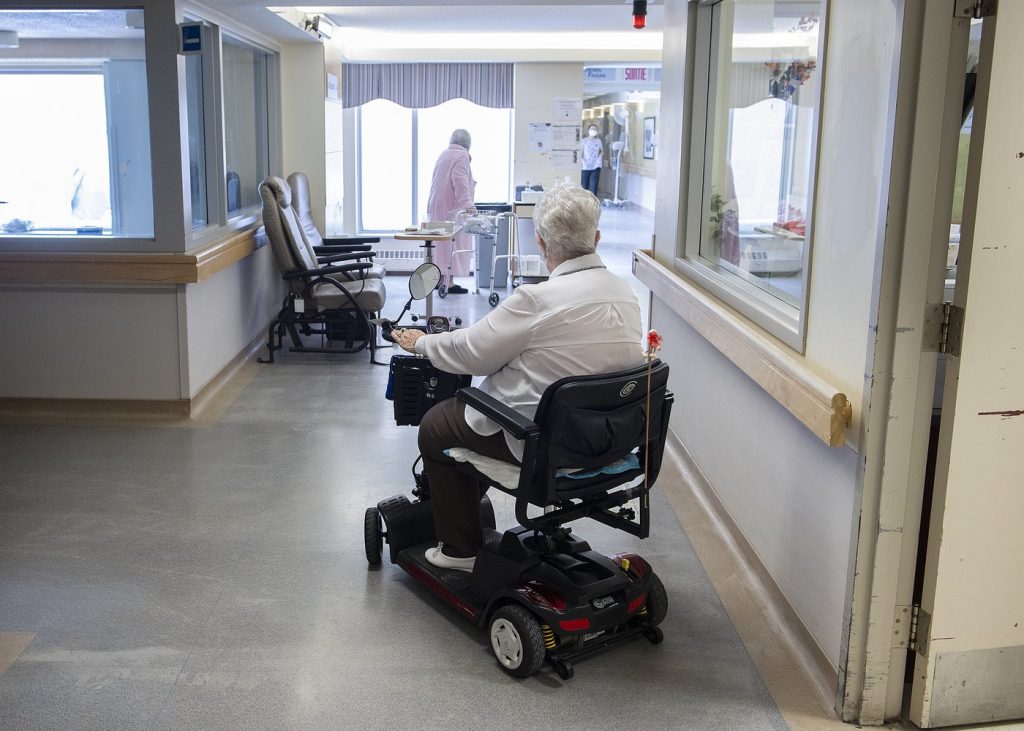Increase in opioid-related deaths in Quebec: advocates sound the alarm

Posted July 9, 2023 2:14 pm.
Last Updated July 9, 2023 6:46 pm.
The increase in opioid-related deaths in Quebec is a concerning trend for advocates, who say more needs to be done to address the issue.
A Montreal harm reduction organization says the national crisis is affecting the province as well.
“In Canada since 2016, we have more than 32,000 people who died from opioids,” said Louis Letellier de St-Just, the co-founder of CACTUS Montreal. “In Quebec, from January 2021 to December 2022, something like 500 deaths.
“Being a national crisis, it means that it’s also a crisis in Quebec.”
According to data from the Quebec Coroner’s Office, the detection of fentanyl is steadily increasing in deaths that may be connected to drug intoxication – an upward trajectory over the past four years.
The data also reveals more than half of drug-related deaths between January 2021 and December 2022 involved an opioid.
“On any given day, we probably deal with two or three overdoses in our supervised consumption sites,” said Alex Berthelot, the director of community services at CACTUS Montreal.
RELATED: Montreal opioid-related overdoses worsening: advocates
CACTUS Montreal, on Berger Street, is one of the city’s supervised injection sites. Berthelot says the organization got a funding cut from Montreal public health.
“So, we did get about a 30 per cent funding cut on our programs that are related to sexually transmitted blood borne infections,” said Berthelot.
As a result, Berthelot says less funding means fewer staff available at supervised consumption sites.
“So instead of supervised injection sites opening at 2 p.m. at the same time as the needle exchange, it opens up an hour late. So, it’s an hour late services for the supervised consumption sites.”

FILE – Container for safe disposal of used syringes, needles in Montreal July 9, 2023. (Swidda Rassy/CityNews)
In an email to CityNews, a spokesperson for Montreal public health says funding has increased by more than $300,000 this year.
But Berthelot says there are still major cuts to the core funding of the organization that runs the safe injection sites, adding the new agreement represents a 30 per cent decrease in overall funding.
“It’s prevention, it’s support, it’s directing them to other kinds of services but it’s really to make sure that when they have access to safe consumption room, they know that if something happens, if they have an overdose, they won’t die,” said Letellier de St-Just.
“It’s extremely frustrating when we do not have the support, the real support, from public health here in Montreal.”








